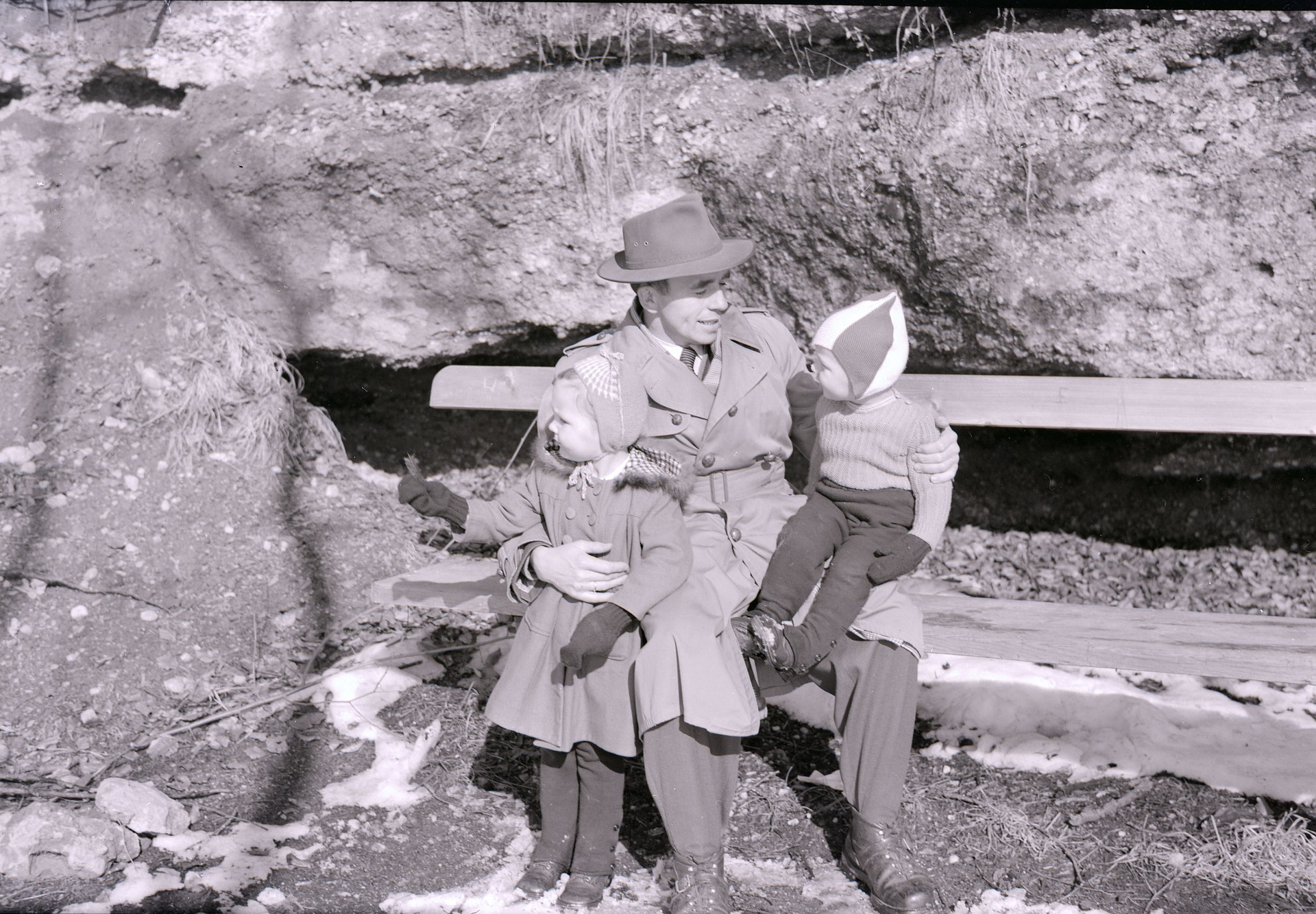What do you want be when you grow up?
For many of us career planning commenced before thumb-sucking ended. Our dreams of becoming wrestlers, rock stars or donut shop workers were quickly dismissed and cruelly trampled on. A world of possibilities was swiftly narrowed into a few approved options which promised futures of security, stability and respectability.
Successful parenting meant producing a doctor, a lawyer or possibly an accountant. To become any of these, one thing was sure – the children would need to work hard and get good marks. Preparing for these respectable futures meant memorising the capital of Brunei, reciting the words of long-dead English playwrights and performing quadratic equations. While none of this would ever prove remotely useful, assessing how well we could regurgitate it all in an exam provided a convenient means of ranking us and funnelling us into further study. Those who did well would be invited to do more years of stressful, competitive slog. Eventually, they would get to wear a strange square hat and see a smear of relief wash across their parents’ faces.
By this point, these high achievers become quite accustomed to sucking it up and slogging it out. But more is always required. ‘Success’ often requires the completion of punishing internships and a chameleon-like ability to fit within cultures that are far from healthy.
But what if it wasn’t like this? What if instead of asking ‘what do you want to be when you grow up?’ we asked the next generation ‘how do you want to be when you grow up?’.
The answers may be confronting. We may hear that they want to much more present or way less stressed than us. Perhaps they will want to be joyful, curious and creative. They may want to hold onto that special light that so often gets dulled by the drudgery we all get put through.
Unfortunately, our education system is currently set up as a cruel conveyer belt, which sends sparkly young people to places of anxiety, depression and burnout. If we really want different outcomes in regards to mental health, we need to seriously reconsider what we are teaching young people.
Education should cultivate joy, curiosity and creativity. It should teach us to be adaptable, resourceful and able to overcome challenges. It must recognise that the problems we need to solve are far more likely to involve people, values and emotions than integers and algebra. It should also help us to understand our minds and treat them as something far more special than a storage area for obscure facts.
As well as re-evaluating what goes in to education, we must also reconsider what we regard as success. After all, there are many things far more important than a qualification, job title or salary. Behind the veneer of ‘success’ suffering very often holds sway. Depression is still depression, even if you are driving a Mercedes. Anxiety is still anxiety, no matter how many degrees, accolades or Instagram followers you may have.
We can continue destroying ourselves trying to match up to unrealistic ideals, or we can aspire to something far more meaningful. In evaluating success, perhaps we should consider, how brightly is that light shining? How quick are we to laugh? Are we present and engaged with the world? How do we treat others? Do we prioritise joy? Do we find wonder in small things? Do we have time for what really matters? Do we have the skills and resources to cope well when things don’t turn out as we have planned? Are we doing what we want or are we doing what’s expected?
We’re all grown up now, so how do we want to be?
